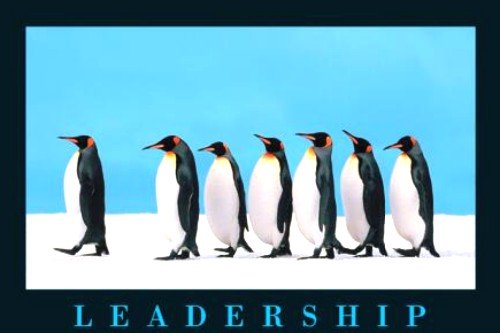|
Trait theory of leadershipLeaders are born not made...
The trait theory of leadership is the view that people are born with inherited traits - and that some traits are particularly suited to leadership. Early research on leadership - which was a development of the Great man theory of leadership - was based on the psychological focus of the day, which was of people having inherited characteristics or traits. Attention was thus put on identifying these traits, often by studying successful leaders. The focus was not [as it today] on finding way of teaching these "skills" to people to "develop" leaders, but was on finding other people with these traits who could also become great leaders. Trait theory of leadership identifies the following traits and skills as critical to leaders [Stogdill 1974]: Traits
Skills
Four primary traits by which leaders could succeed or fail were identified by McCall and Lombardo [1983]:
Changing views
For many years it has been fashionable to discount the trait theory of leadership and to assume that inherited traits were far less important than learned and situational factors in those people fulfilling leadership roles. However, the science and study of behavioural genetics is gradually refocusing attention on the fact that far more is to do with our genes and our inherited traits and characteristics than has been assumed or accepted for several decades. At this point, I will re-state my own view - based on my experience - that leaders are born and not made. What's your view?
8 FREE Introductory Lessons from Practitioners Masterclass - HERE
Leading organisational change is inseparable from managing personal changeThe scale and pace of change that is impacting organisations now is such that it increasingly pushes leaders (and followers) beyond their own capacity to handle it. This scale and pace of change requires adaptive solutions. But this is only possible when we have either the personal capacity to do this, or have the self-improvement resources to help us. We can't change because of our "immunity to change" or inner resistance. Managing Personal Change - Resources HERE Return back from Trait theory of leadership to Define Leadership Rensis Likert - People before process Home Page
|



